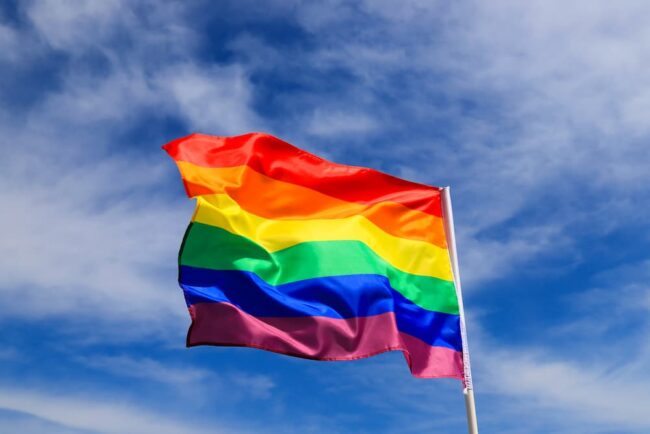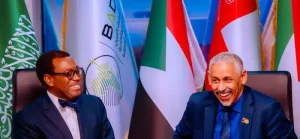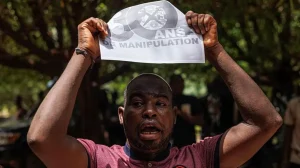
Ghana’s Supreme Court has dismissed a petition challenging the constitutionality of the Human Sexual Rights and Family Values Bill, a controversial anti-LGBTQ proposal that has sparked national and international debate.
The unanimous decision, delivered by a seven-member panel led by Justice Avril Lovelace-Johnson, rejected the case filed by broadcast journalist and lawyer Richard Dela Sky. The ruling brings the bill closer to becoming law, marking a significant moment in Ghana’s legislative history.
The court’s dismissal is a setback for Ghana’s LGBTQ community, which has faced mounting discrimination across Africa. Countries like Uganda have recently implemented harsh anti-LGBTQ laws, including the death penalty for certain offenses, while Kenya and Tanzania have taken steps to curb LGBTQ rights.
Awaiting Presidential Action
The bill, introduced to parliament in 2021, now awaits action from outgoing President Nana Akufo-Addo. With just three weeks remaining in his term, Akufo-Addo has seven days to sign the bill into law, reject it, or seek advice from the Council of State, as stated by Speaker of Parliament Alban Bagbin.
The president had previously delayed a decision, citing the pending Supreme Court case. His decision—or lack thereof—will significantly shape the future of LGBTQ rights and Ghana’s global relations.
Implications of the Bill
If passed, the bill would not only criminalize LGBTQ identities but also penalize family members or colleagues who fail to report individuals from the community. The punitive law could exacerbate societal discrimination and has raised concerns about potential economic fallout.
Ghana’s Finance Ministry warned in March that the legislation could jeopardize $3.8 billion in World Bank funding over the next six years.
Judiciary Under Scrutiny
The Supreme Court has faced criticism for its handling of the case, including allegations from parliament accusing the judiciary of colluding with the executive branch to delay the decision.
As President-elect John Mahama prepares to take office, the debate over the bill underscores the tensions between cultural values, human rights, and economic considerations in Ghana’s evolving political landscape.








